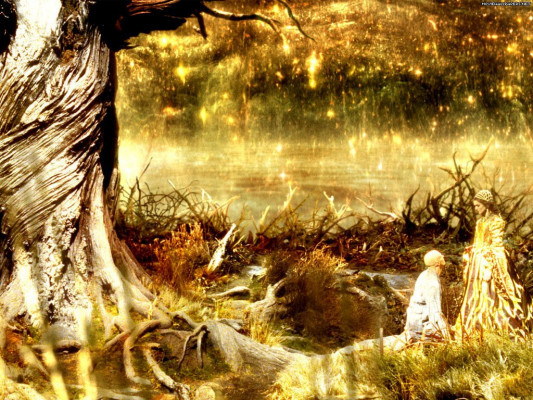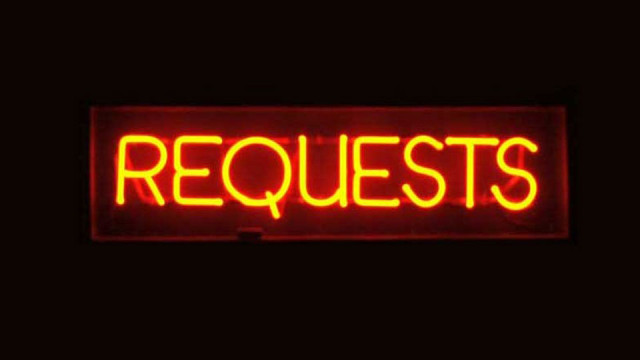We, as a people, seem to love classifications. As humans, it is what we do best: identification. It separates us from primates. We can identify and classify things into systems, genres, classes, subclasses, and so on.
This is a great skill; a skill that could even save your life someday as you classify “dangerous, not dangerous – deadly, not deadly”. The ability to identify (what is it?) and then extrapolate accurately (what does it mean?) is indeed a critical skill. A skill no less critical even as we get more and more civilized. In fact, it could be argued that the dangers get ever more complex and demanding of this skill the more complex our society becomes, and the more knowledgeable we become.
When this gets interesting is when we apply and over apply this skill to other human beings where physical safety is clearly not a concern. We have all sorts of categorizations and systems of classification. We have ethnicity, sexual preferences, and orientation, political party affiliation, zodiac sign, political orientation or leaning, class separation, high school cliques, enneagram number, etc., etc.
These are all tools we use to classify, to categorize, and to put people into some box or drawer. At first, it may seem like we use these tools to gain a better understanding of who they are, really.
Is that how we typically use them, in actuality? The way I have seen myself and others use them is as I described above. We put them into a box. We now think we “know” them, or at least that portion of them. They are a democrat or a republican and all of a sudden, we now “know them” politically. They are a 3 on the enneagram, and all of a sudden we “know” what to expect of their behaviors; their light and beautiful side and their darker patterns.
We put them into a box and we can then relax, or tense, or whatever, but some part of us relaxes. We know them; we can now relax and move on to putting another part of them into a box. Are they heterosexual or homosexual? Ah, they are bi-sexual. We can now relax (or tense [laugh]) because we now “know” who they are sexually.
But do we? (It is fascinating to see someone feed their ego when they think they have “nailed” someone’s zodiac sign or enneagram number by guessing at it; excited about putting someone in a box.)
Once we put someone into a box, we then stop relating to who they are as a unique and beautiful being -- we begin to relate to the box. We begin to fit all of their behaviors into that box or view their behaviors through the filter of said box.
Sure, we are more comfortable ourselves once we have classified them, but the real relating begins to die a slow (or rapid) death. We now stop relating to who they are in this moment, right now, and begin to relate to what we read about them in a book, or what we see about their “type” on TV, Etc. Then what began as a tool for greater understanding and deeper relating has ended up as a wall or a barrier to greater and truer understanding – a barrier to more intimate relating; a wall around the heart. A wall and a filter we are often not even aware of.
And what are human Beings anyway? They are manifestations of the divine.
Can we really classify that?
Human Beings at their best and most inspirational are creative, spontaneous, dances of improvisation, which is completely unpredictable, and if we get too caught up in who we think they are, we may miss a glimpse of God as it dances right before us, right within our grasp. While these tools for classification are useful to a certain point, they are only useful to a certain point, where if we want true relating, true intimacy, they must then be cast aside. If we truly desire peace on this planet, it will take something like this, from all sides, from all perspectives, from all lands.
From the heart, guided by the head, enveloped in Spirit.





